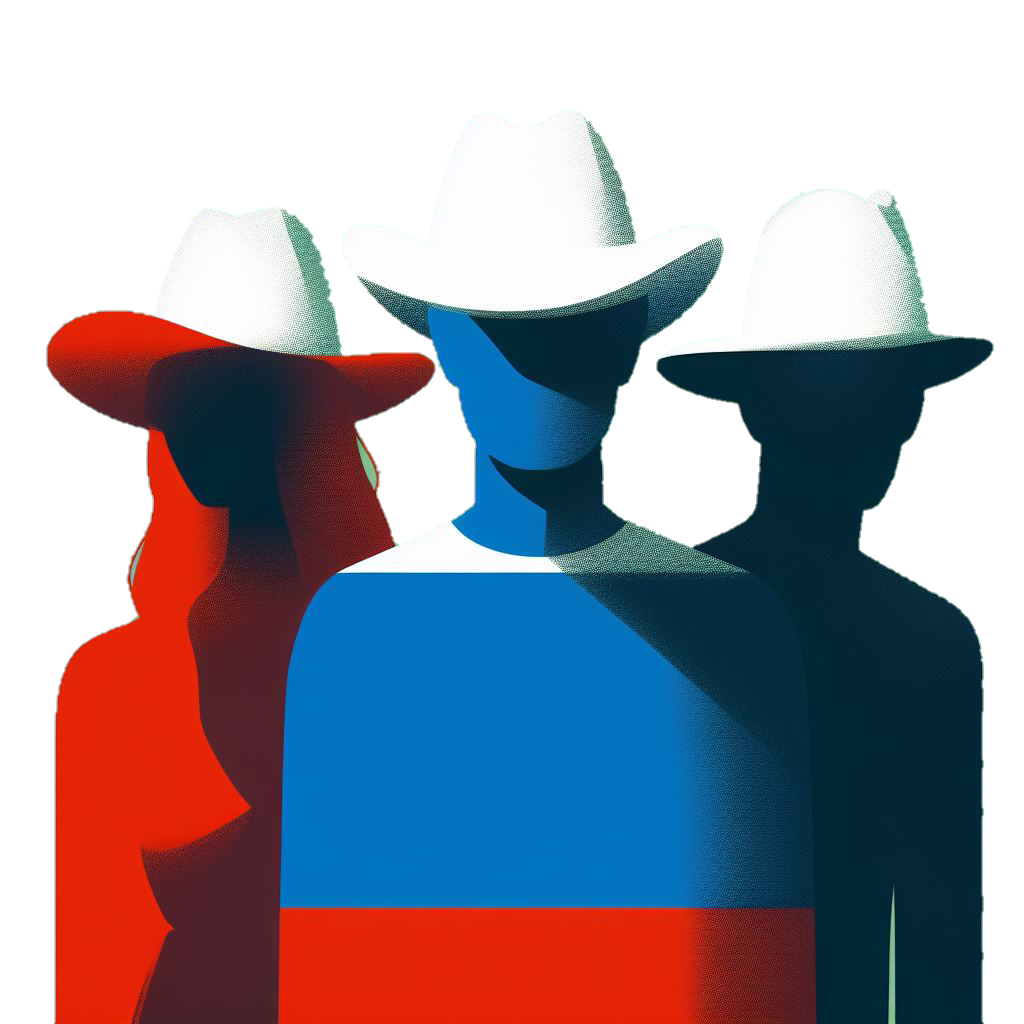Top Movies 2000/2023
Star Wars-1977 movie actors
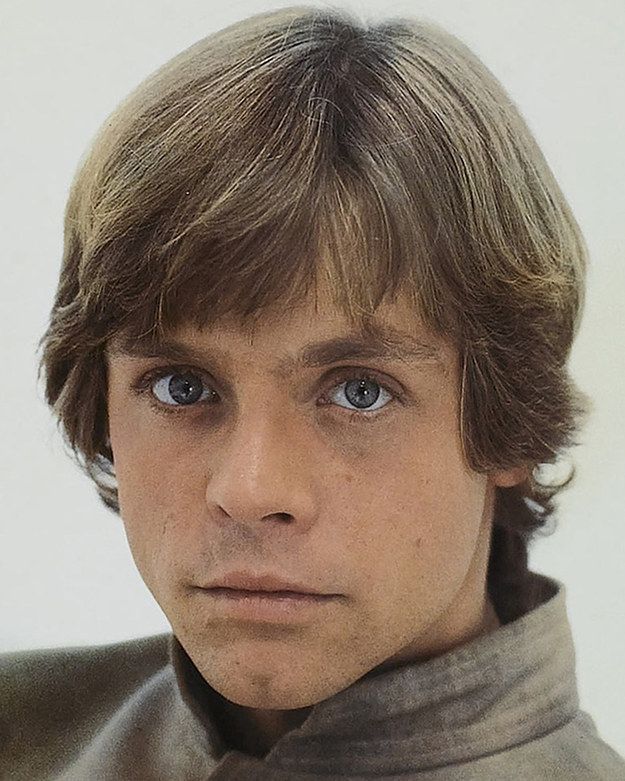
Mark Hamill
(Luke Skywalker)
Actor, Born September 25 · Oakland, California, USA
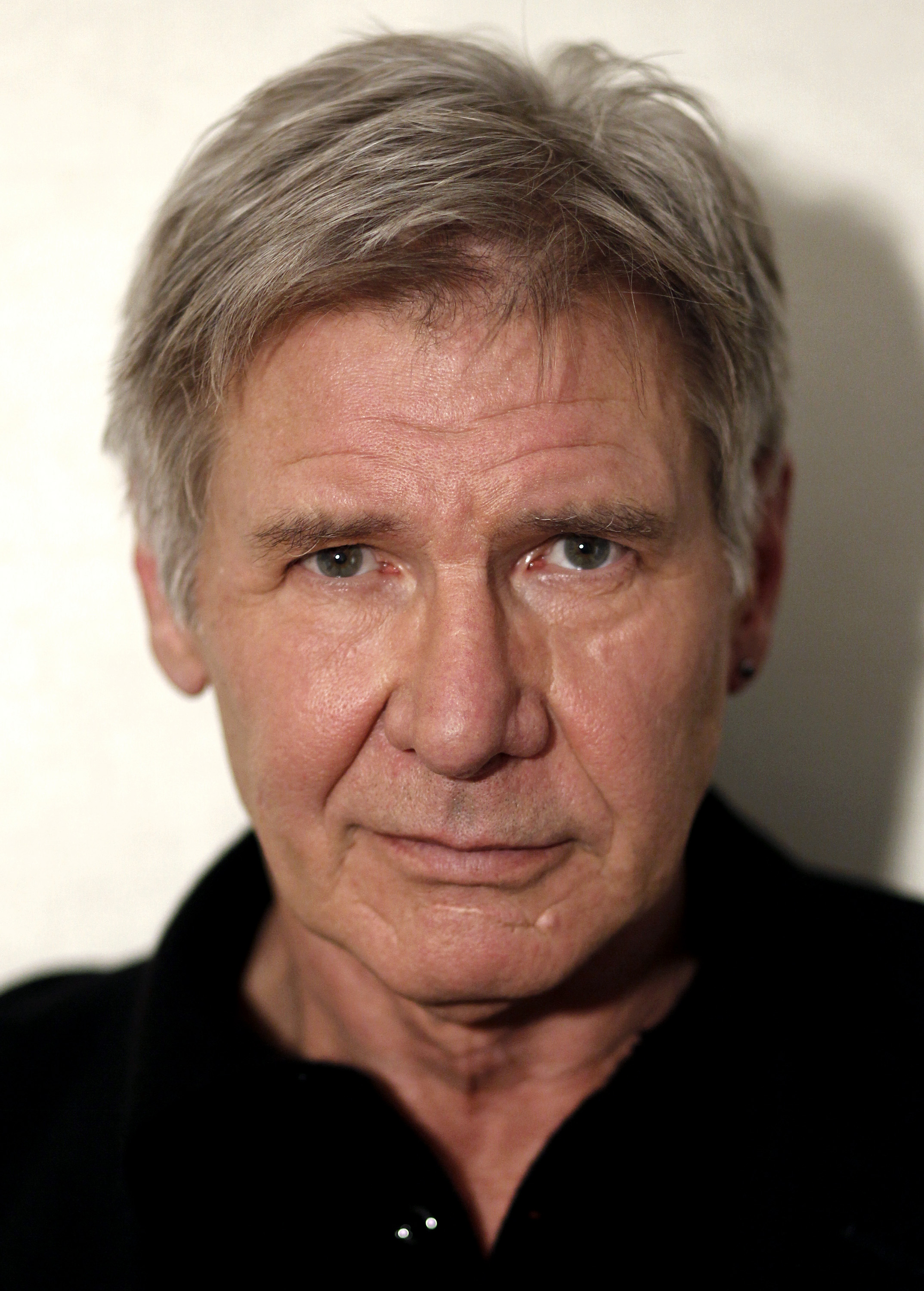
Harrison Ford
(Han Solo)
Actor, Born July 13, 1942 · Chicago, Illinois, USA
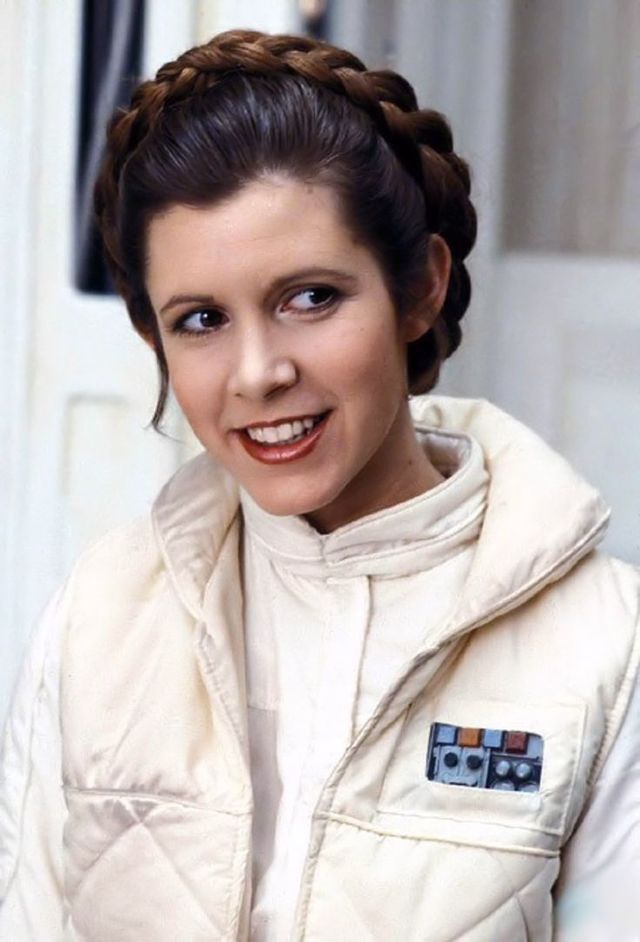
Carrie Fisher
(Princess Leia Organa)
Actor, Born October 21, 1956 · Burbank, California, USA Died December 27, 2016 · Los Angeles, California, USA
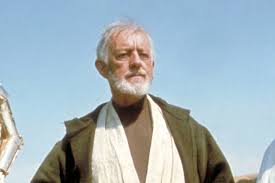
Alec Guinness
(Ben Obi-Wan Kenobi)
Actor, Born April 2, 1914 · Marylebone, London, England, UK Died August 5, 2000 · Midhurst, Sussex, England, UK
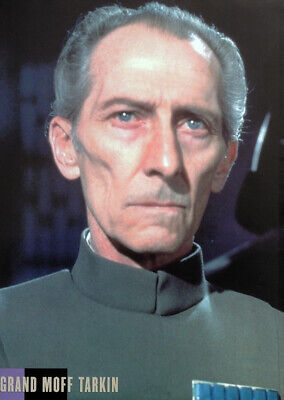
Peter Cushing
(Grand Moff Tarkin)
Actor Born May 26, 1913 · Kenley, , England, UK Died August 11, 1994 · Canterbury, Kent, England, UK
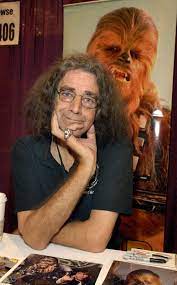
Peter Mayhew
(Chewbacca)
Actor Born May 19, 1944 · Barnes, London, England, UK Died April 30, 2019 · Boyd, Texas, USA
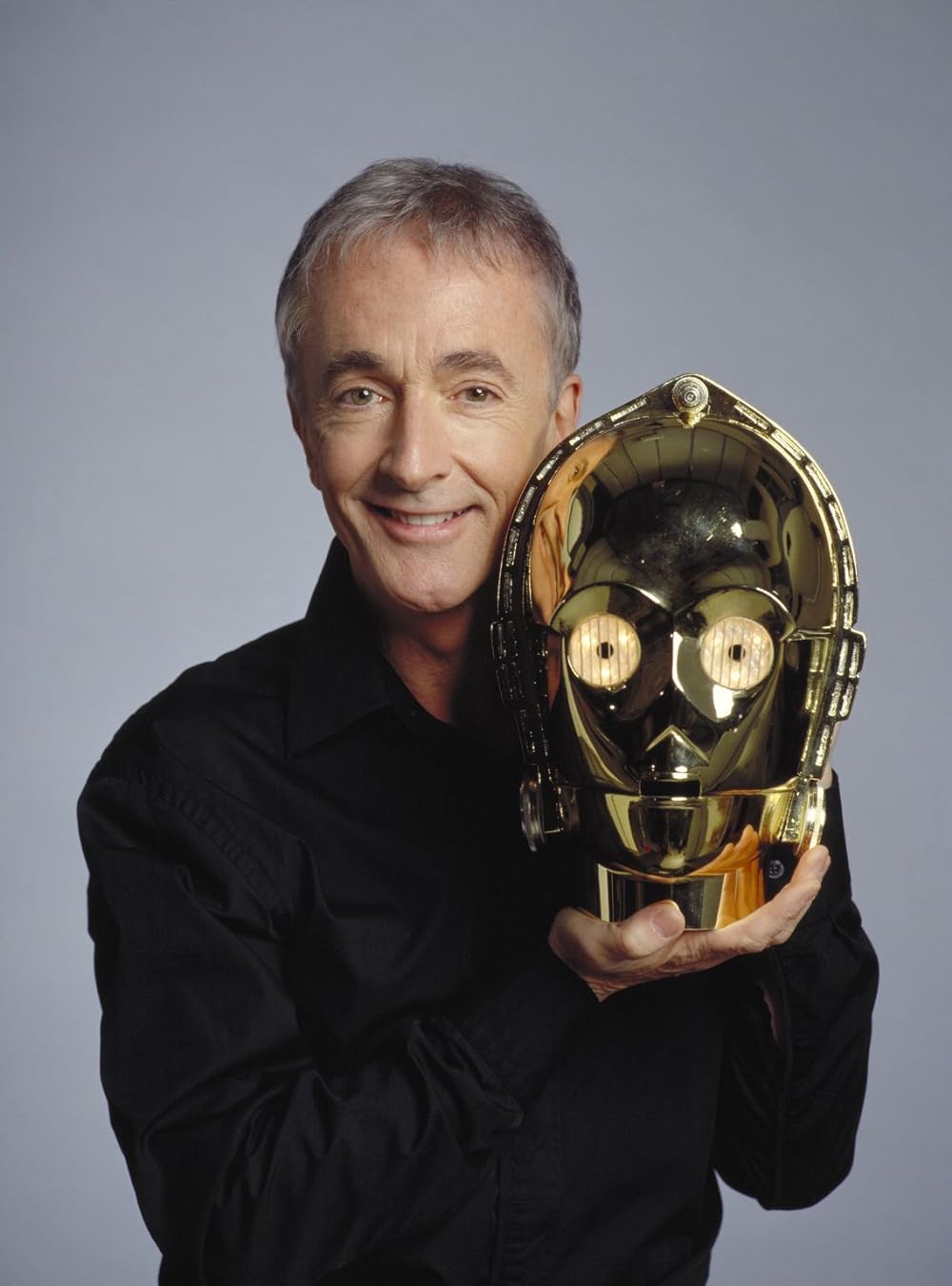
David Prowse
(Darth Vader)
Actor Born February 21, 1946 · Salisbury, Wiltshire, England, UK
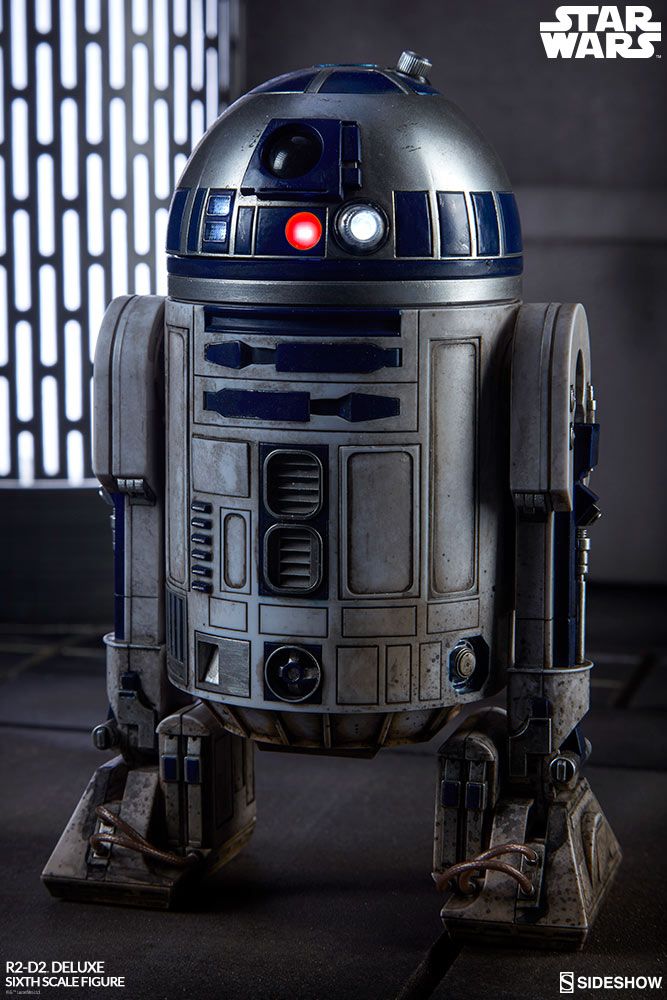
Kenny Baker
(R2-D2)
Actor

.......
....... .......

.......
....... .......
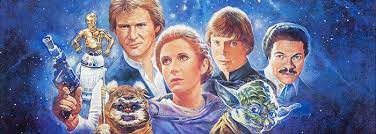
Star Wars-1977 watch full movie
Mark Richard Hamill
Mark Hamill is best known for his portrayal of Luke Skywalker in the original Star Wars trilogy - Star Wars (1977), Star Wars: Episode V - The Empire Strikes Back (1980), and Star Wars: Episode VI - Return of the Jedi (1983) - a role he reprised in Star Wars: Episode VII - The Force Awakens (2015), Star Wars: Episode VIII - The Last Jedi (2017) and Star Wars: Episode IX - The Rise of Skywalker (2019). He also starred and co-starred in the films Corvette Summer (1978), The Big Red One (1980), and Kingsman: The Secret Service (2014). Hamill's extensive voice acting work includes a long-standing role as the Joker, commencing with Batman: The Animated Series (1992). Hamill was born in Oakland, California, to Virginia Suzanne (Johnson) and William Thomas Hamill, a captain in the United States Navy. He majored in drama at Los Angeles City College and made his acting debut on The Bill Cosby Show (1969). He then played a recurring role (Kent Murray) on the soap opera General Hospital (1963) and co-starred on the comedy series The Texas Wheelers (1974). Released on May 25, 1977, Star Wars (1977) was an enormous unexpected success and made a huge impact on the film industry. Hamill also appeared in The Star Wars Holiday Special (1978) and later starred in the successful sequels Star Wars: Episode V - The Empire Strikes Back (1980), and Star Wars: Episode VI - Return of the Jedi (1983). For both of the sequels, Hamill was honored with the Saturn Award for Best Actor given by the Academy of Science Fiction, Fantasy and Horror Films. He reprised the role of Luke Skywalker for the radio dramatizations of both "Star Wars" (1981) and "The Empire Strikes Back" (1983), and then in a starring role in Star Wars: Episode VIII - The Last Jedi (2017). For the radio dramatization of "Return of the Jedi" (1996), the role was played by a different actor. He voiced the new Chucky in Child's Play (2019), taking over from Brad Dourif.
Harrison Ford
Harrison Ford was born on July 13, 1942 in Chicago, Illinois, to Dorothy (Nidelman), a radio actress, and Christopher Ford (born John William Ford), an actor turned advertising executive. His father was of Irish and German ancestry, while his maternal grandparents were Jewish emigrants from Minsk, Belarus. Harrison was a lackluster student at Maine Township High School East in Park Ridge Illinois (no athletic star, never above a C average). After dropping out of Ripon College in Wisconsin, where he did some acting and later summer stock, he signed a Hollywood contract with Columbia and later Universal. His roles in movies and television (Ironside (1967), The Virginian (1962)) remained secondary and, discouraged, he turned to a career in professional carpentry. He came back big four years later, however, as Bob Falfa in American Graffiti (1973). Four years after that, he hit colossal with the role of Han Solo in Star Wars (1977). Another four years and Ford was Indiana Jones in Raiders of the Lost Ark (1981). Four years later and he received Academy Award and Golden Globe nominations for his role as John Book in Witness (1985). All he managed four years after that was his third starring success as Indiana Jones; in fact, many of his earlier successful roles led to sequels as did his more recent portrayal of Jack Ryan in Patriot Games (1992). Another Golden Globe nomination came his way for the part of Dr. Richard Kimble in The Fugitive (1993). He is clearly a well-established Hollywood superstar. He also maintains an 800-acre ranch in Jackson Hole, Wyoming. Ford is a private pilot of both fixed-wing aircraft and helicopters, and owns an 800-acre (3.2 km2) ranch in Jackson, Wyoming, approximately half of which he has donated as a nature reserve. On several occasions, Ford has personally provided emergency helicopter services at the request of local authorities, in one instance rescuing a hiker overcome by dehydration. Ford began flight training in the 1960s at Wild Rose Idlewild Airport in Wild Rose, Wisconsin, flying in a Piper PA-22 Tri-Pacer, but at $15 an hour, he could not afford to continue the training. In the mid-1990s, he bought a used Gulfstream II and asked one of his pilots, Terry Bender, to give him flying lessons. They started flying a Cessna 182 out of Jackson, Wyoming, later switching to Teterboro, New Jersey, flying a Cessna 206, the aircraft he soloed in. Ford is an honorary board member of the humanitarian aviation organization Wings of Hope. On March 5, 2015, Ford's plane, believed to be a Ryan PT-22 Recruit, made an emergency landing on the Penmar Golf Course in Venice, California. Ford had radioed in to report that the plane had suffered engine failure. He was taken to Ronald Reagan UCLA Medical Center, where he was reported to be in fair to moderate condition. Ford suffered a broken pelvis and broken ankle during the accident, as well as other injuries.
Carrie Frances Fisher
Carrie Frances Fisher was born on October 21, 1956 in Burbank, California, to singers/actors Eddie Fisher and Debbie Reynolds. She was an actress and writer known for Star Wars (1977), Star Wars: Episode V - The Empire Strikes Back (1980) and Star Wars: Episode VI - Return of the Jedi (1983). Fisher is also known for her book, "Postcards from the Edge", and she wrote the screenplay for the movie based on her novel. Carrie Fisher and talent agent Bryan Lourd have a daughter, Billie Lourd (Billie Catherine Lourd), born on July 17, 1992. Carrie Fisher was an American actress, novelist, and script doctor from Burbank, California. As an actress, she is primarily remembered for portraying the rebel leader Princess Leia Organa in the Star Wars original trilogy (1977-1983). The character's combination of defiance, assertiveness, and strength turned Leia into an iconic character of the science fiction and fantasy genres, and catapulted Fisher to international fame. She returned to the role of Leia in the Star Wars sequel trilogy (2015-2019), but died early in the trilogy's production. As a novelist, she is remembered for the autobiographical novels "Postcards from the Edge" (1987), "Surrender the Pink" (1990), "Delusions of Grandma" (1993), and "The Best Awful There Is" (2004). They were inspired by Fisher's real-life physical and mental problems, and her anxieties over her personal relationships. As an uncredited script doctor, Fisher contributed to the scripts of "Sister Act" (1992), "Last Action Hero" (1993), "Anastasia" (1997), and "The Wedding Singer" (1998). In 1956, Fisher was born in Burbank, California. Her father was the popular singer Eddie Fisher (1928-2010), and her mother was the noted actress Debbie Reynolds (1932-2016). Fisher's paternal ancestry was Russian-Jewish, and her maternal ancestry was English and Scotch-Irish. Her parents divorced in 1960. Fisher was reportedly a "bookworm" during her childhood, and wrote poetry as a hobby. Fisher had her Broadway debut as a singer in a 1973 revival of the musical "Irene" (1919) by James Montgomery. In the mid-1970s, Fisher received lessons from both the "Central School of Speech and Drama" in London and the "Sarah Lawrence College" in Yonkers, New York. She eventually dropped out from college. She made her film debut in the comedy film "Shampoo" (1975). She portrayed Lorna Karpf, an angry Beverly Hills teenager who decides to seduce her mother's lover. Lorna was thought to be one of the most memorable characters in a film with an older cast and a melancholic conclusion. "Star Wars" (1977) was the first time that Fisher was cast in a leading role.
Alec Guinness de Cuffe
Alec Guinness was an English actor. He is known for his six collaborations with David Lean: Herbert Pocket in Great Expectations (1946), Fagin in Oliver Twist (1948), Col. Nicholson in The Bridge on the River Kwai (1957), for which he won the Academy Award for Best Actor), Prince Faisal in Lawrence of Arabia (1962), General Yevgraf Zhivago in Doctor Zhivago (1965), and Professor Godbole in A Passage to India (1984). Guinness is really most remembered for his portrayal of Obi-Wan Kenobi in George Lucas' original Star Wars trilogy for which he receive a nomination for an Academy Award for Best Supporting Actor. In 1959, he was knighted by Queen Elizabeth II for services to the arts. In the 1970s, Guinness made regular television appearances in Britain, including the role of George Smiley in the serialisations of two novels by John le Carré: Tinker Tailor Soldier Spy (1979) and Smiley's People (1982). In 1980 he received the Academy Honorary Award for lifetime achievement. Guinness was also one of three British actors, along with Laurence Olivier and John Gielgud, who made the transition from Shakespearean theatre in England to Hollywood blockbusters immediately after the Second World War. Guinness died on 5 August 2000, from liver cancer, at Midhurst in West Sussex.
Peter Wilton Cushing
Peter Wilton Cushing was born on May 26, 1913 in Kenley, Surrey, England, to Nellie Maria (King) and George Edward Cushing, a quantity surveyor. He and his older brother David were raised first in Dulwich Village, a south London suburb, and then later back in Surrey. At an early age, Cushing was attracted to acting, inspired by his favorite aunt, who was a stage actress. While at school, Cushing pursued his acting interest in acting and also drawing, a talent he put to good use later in his first job as a government surveyor's assistant in Surrey. At this time, he also dabbled in local amateur theater until moving to London to attend the Guildhall School of Music and Drama on scholarship. He then performed in repertory theater in Worthing, deciding in 1939 to head for Hollywood, where he made his film debut in The Man in the Iron Mask (1939). Other Hollywood films included A Chump at Oxford (1940) with Stan Laurel and Oliver Hardy, Vigil in the Night (1940) and They Dare Not Love (1941). However, after a short stay, he returned to England by way of New York (making brief appearances on Broadway) and Canada. Back in his homeland, he contributed to the war effort during World War II by joining the Entertainment National Services Association. After the war, he performed in the West End and had his big break appearing with Laurence Olivier in Hamlet (1948), in which Cushing's future partner-in-horror Christopher Lee had a bit part. Both actors also appeared in Moulin Rouge (1952) but did not meet until their later horror films. During the 1950s, Cushing became a familiar face on British television, appearing in numerous teleplays, such as 1984 (1954) and Beau Brummell (1954), until the end of the decade when he began his legendary association with Hammer Film Productions in its remakes of the 1930s Universal horror classics. His first Hammer roles included Dr. Frankenstein in The Curse of Frankenstein (1957), Dr. Van Helsing in Dracula (1958), and Sherlock Holmes in The Hound of the Baskervilles (1959). Cushing continued playing the roles of Drs. Frankenstein and Van Helsing, as well as taking on other horror characters, in Hammer films over the next 20 years. He also appeared in films for the other major horror producer of the time, Amicus Productions, including Dr. Terror's House of Horrors (1965) and its later horror anthologies, a couple of Dr. Who films (1965, 1966), I, Monster (1971), and others. By the mid-1970s, these companies had stopped production, but Cushing, firmly established as a horror star, continued in the genre for some time thereafter. Perhaps his best-known appearance outside of horror films was as Grand Moff Tarkin in George Lucas' phenomenally successful science fiction film Star Wars (1977). Biggles (1986) was Cushing's last film before his retirement, during which he made a few television appearances, wrote two autobiographies and pursued his hobbies of bird watching and painting. In 1989, he was made an Officer of the Order of the British Empire in recognition of his contributions to the acting profession in Britain and worldwide. Peter Cushing died at age 81 of prostate cancer on August 11, 1994.
Movie director
Star Wars-1977
George Lucas
Born May 14, 1944 · Modesto, California, USA George Walton Lucas, Jr. (Modesto, California, May 14, 1944) is an American filmmaker, creator of the film sagas of Star Wars and Indiana Jones, and former president of Lucasfilm Limited, LucasArts Entertainment Company, Lucas Digital Ltd, Lucas Licensing, LucasBooks and Lucas Learning Ltd. It was considered, for two consecutive years, the fourth most powerful person in the entertainment industry, behind the owners of Time Warner, Turner and Steven Spielberg. Upon graduating from the University of Southern California in 1967, Lucas co-founded American Zoetrope with his fellow filmmaker Francis Ford Coppola. Lucas wrote and directed THX 1138 (1971), based on his student short Electronic Labyrinth THX 1138 4EB, which was a critical success, but a financial failure. His next job as a screenwriter-director was the movie American Graffiti (1973), inspired by his adolescence in the 1960s in Modesto, California, and produced through the newly created Lucasfilm. The film was a critical and commercial success, and received five nominations to the Academy Award, including Best Picture. The next film by Lucas, an epic space opera entitled Star Wars (1977), went through a problematic production process; however, it was a surprise blow, becoming the highest grossing film at that time, as well as winning six Academy Awards and a cultural phenomenon. After the first Star Wars movie, Lucas produced and co-wrote the following installments in the trilogy, The Empire Strikes Back (1980) and The Return of the Jedi (1983). Together with Steven Spielberg, Lucas co-created and helped collaborate with the stories of the Indiana Jones movies. Raiders of the Lost Ark (1981), Indiana Jones and the Temple of Doom (1984) and Indiana Jones and the Last Crusade (1989). Lucas also produced and wrote a variety of films through Lucasfilm in the 1980s and 1990. In 1997, Lucas relaunched the original trilogy of Star Wars as part of a special edition, where he made several modifications to the films; The local press releases with the most changes were published in 2004 and 2011. He also re-directed the Star Wars prequel trilogy, consisting of The Phantom Menace (1999), Attack of the Clones (2002) and Revenge of the Sith (2002). 2005). Later he collaborated as executive producer of the war movie Red Tails (2012) and wrote the CGI movie Strange Magic (2015). Lucas is one of the most financially successful filmmakers in the American film industry and has been personally nominated for four Academy Awards. Some of his films are among the 100 highest-grossing films in the box office of North America, adjusted for the inflation of ticket prices. George Lucas, along with Francis Ford Coppola, Steven Spielberg, Martin Scorsese, Dennis Hopper and Brian De Palma, is considered one of the most important and influential filmmakers of the New Hollywood era, a period that is considered one of the most important phases of cinema from the artistic point of view. He sold Lucasfilm to Disney in 2012, making co-chair Kathleen Kennedy president. He has attended the premieres of new Star Wars films and been generally supportive of them.

